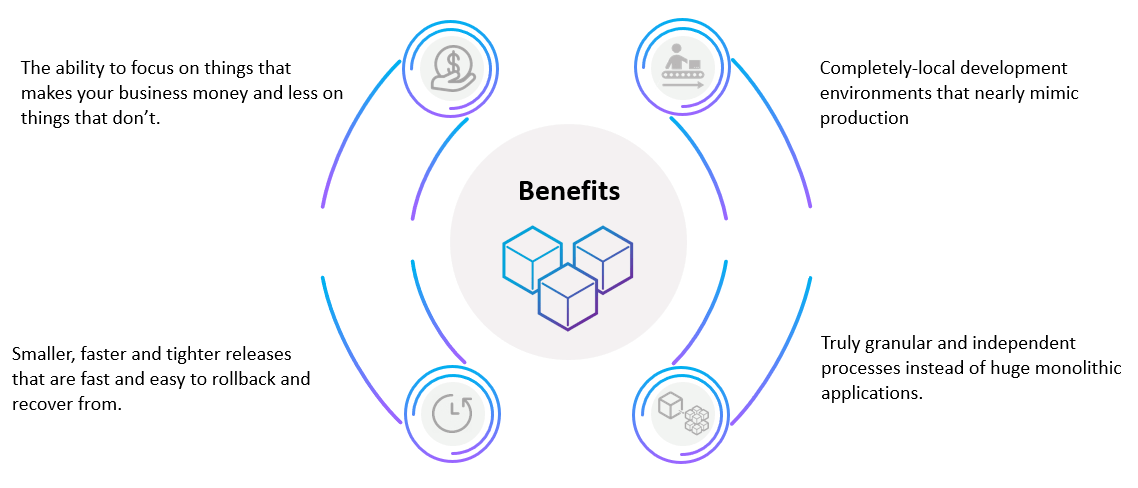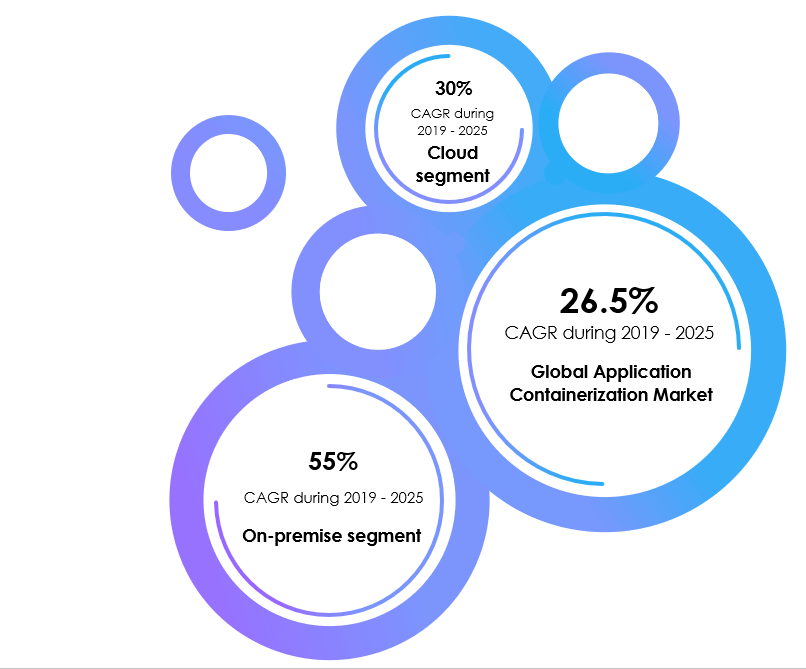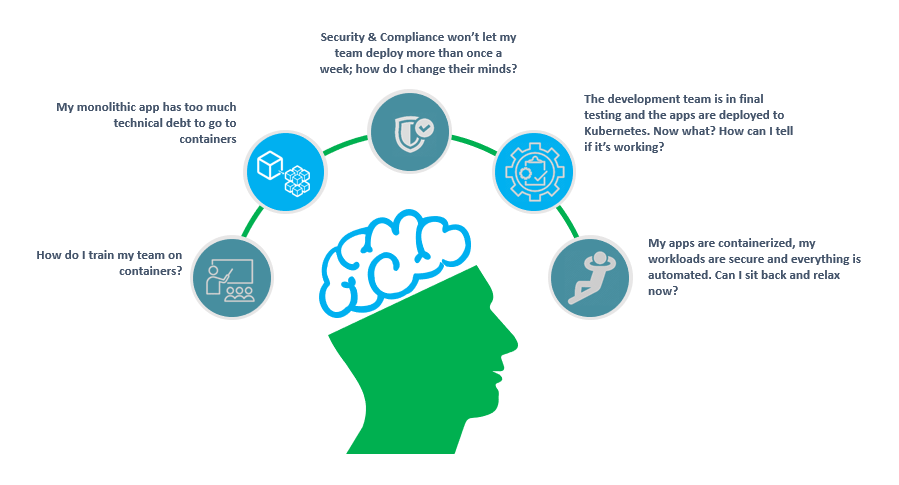
Organizational Collaboration During COVID 19: Ushering In A Flexible Workplace
The Covid-19 pandemic has kept most of the world’s workforce from corporate offices and into their homes. Companies are addressing the uncertainties created by this pandemic by adapting to a new form and flow of collaboration. Time calls it “the world’s largest work-from-home experiment.” Trying to scale infrastructure to manage a larger workforce at short notice with WFH capabilities is an experiment indeed. The shift or need for remote work is not a recent phenomenon; teleworking has grown 173% since 2005. In 2014, Harvard Business Review conducted a research study where they assessed the impact of a Work From Home structure for Ctrip, a travel website. It was clear even then that work from home was improving productivity. The study showed that employee attrition decreased significantly, and the cost per employee was reduced. This situation is a wake-up call for organizations to adapt to the changes in the way employees collaborate for good.
There is no doubt that work from home is a social equalizer. It has created opportunities for disadvantaged communities, minority groups, and professionals from different countries to work in their fields of interest. An IDC study found that the percentage of full-time remote information workers in the US increased from 8% to 69%. While the implementation of work from home is forced, it is the pillar on which a ravaged economy is surviving. Work from home is a necessity and not an option, or a temporary provision for high-level managers. It allows professionals to balance their commitments remotely, and it is a trend that is here to stay. Virtual desktops are the future and can create value, even when the Covid-19 situation gets better. A survey conducted by EY, 72% of the 100 Human resource heads of companies across different sectors, recognizes the impact of COVID- 19 on their companies for another six months.
The technology sector offerings in terms of cloud computing and remote desktops have helped companies sustain in these troubled times. Desktop as a Service has emerged as the savior with companies going the extra mile to help organizations use their services, with maximum support, and at reduced costs. At United Private Cloud, the remote working experience has been very positive. Since the advent of the COVID pandemic, all employees have worked remotely. Despite having offices in different locations and employees across the world, the transition was eased by employing the Desktop as a Service solution. Communication across various departments is just as smooth, if not better than before. Team meetings and collaborations have become more flexible and enhanced collaboration.
In this digital world, this is the time to capitalize on what we do best, and that is to work in tandem with new technology. Companies are exploring ways to digitize some or all work through advances in robotics, IoT, cloud, and other technologies. While automation boosts efficiency, human efforts are focused on innovation, creativity, and problem-solving. The time is here to capitalize on the need for remote desktop platforms to facilitate productive work from home options. Desktop as a Service solution will foster an inclusive, empathetic workplace that exceeds productivity benchmarks of the traditional workplace.
Visit the United Private Cloud website today to know more about why UnitedDaaS is the right choice for your organizational needs.








